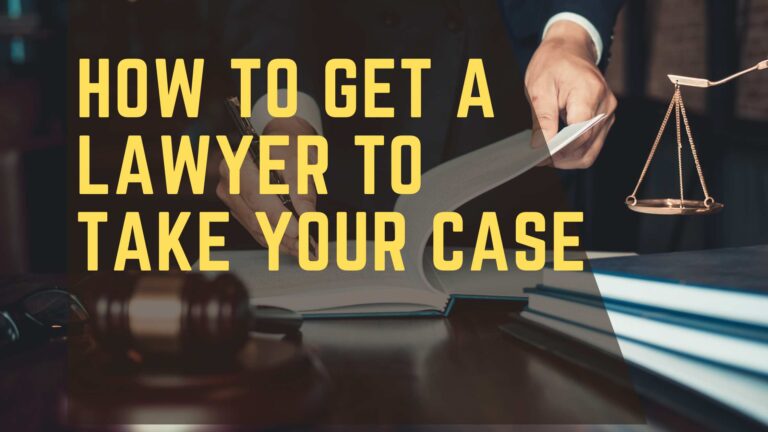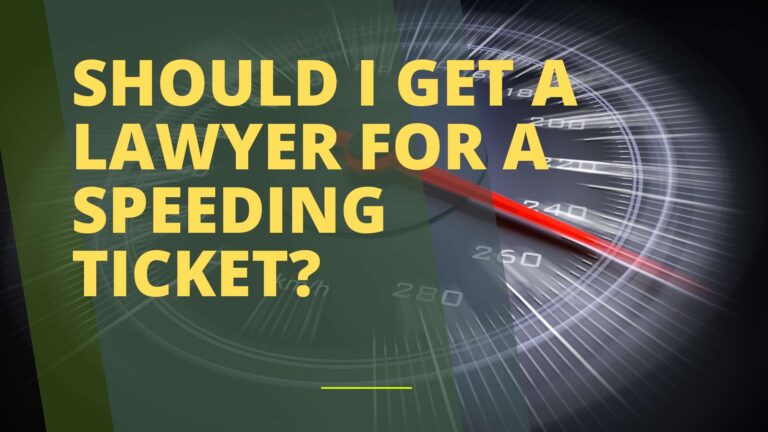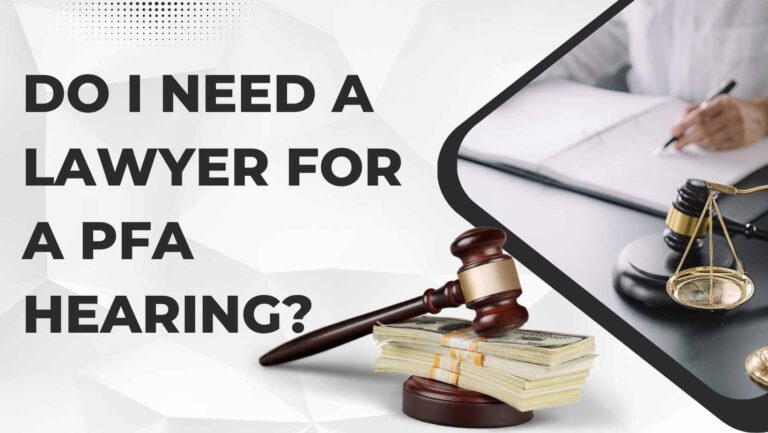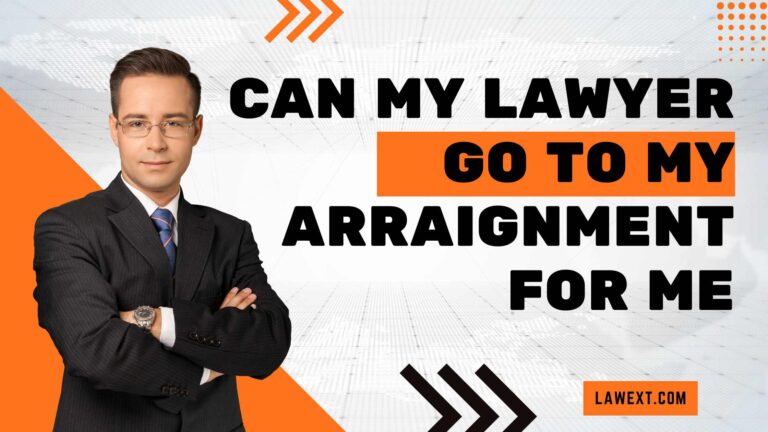What Happens If You Fire Your Lawyer During Trial?
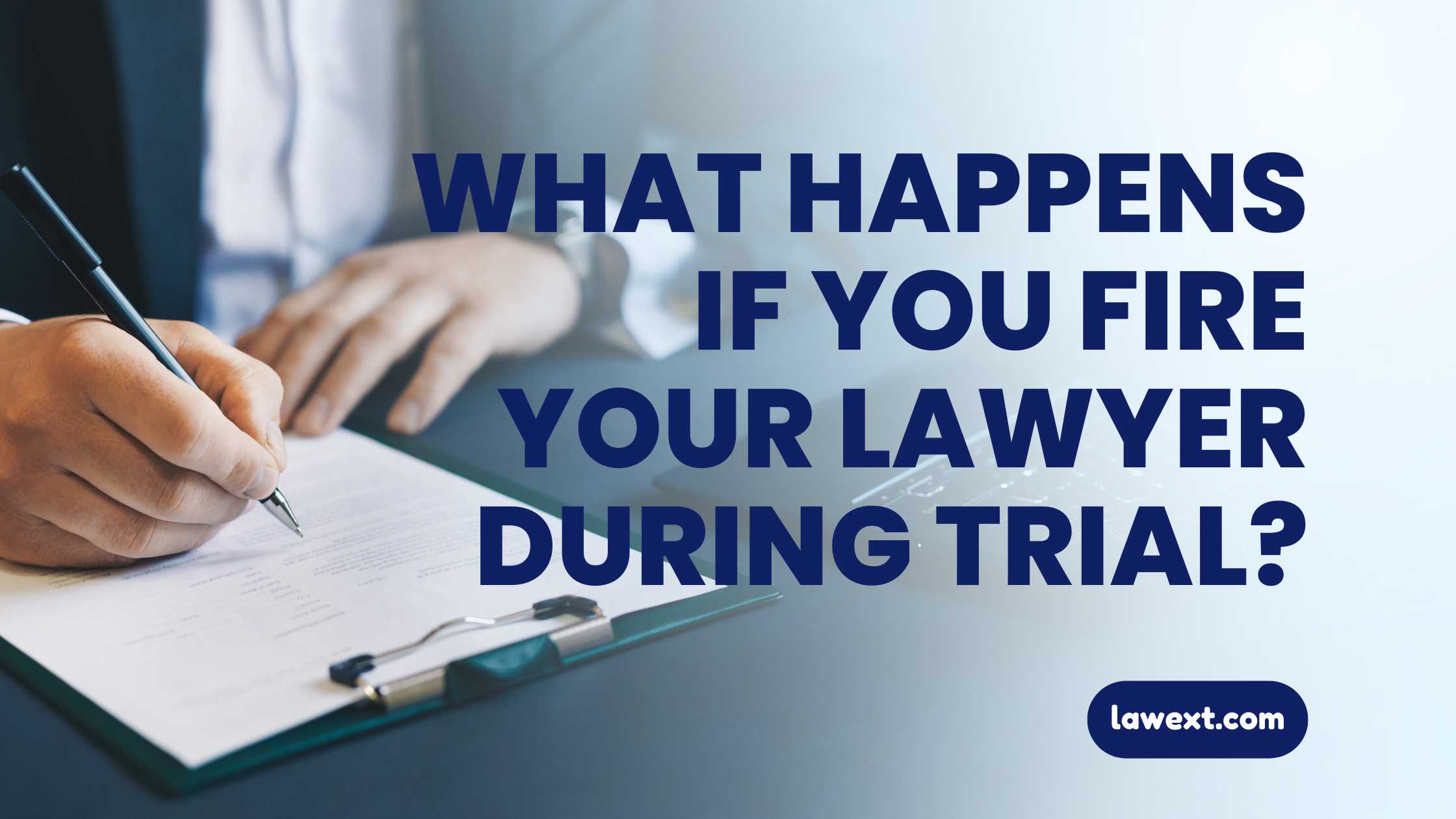
If you fire your lawyer during the trial, you may experience delays and complications in the legal process and may have to find a new lawyer to represent you. This can lead to additional expenses and potentially impact the outcome of your case.
What Happens If You Fire Your Lawyer During Trial? Facing a trial is an intense and critical process that requires sound legal representation. However, circumstances may arise where you feel unsatisfied or uncomfortable with your lawyer’s performance, prompting you to consider firing them. While such a decision is your right as a client, it is important to be aware of the potential consequences that may unfold.
Terminating your lawyer during trial can disrupt legal proceedings, result in delays, and even have an impact on the outcome of your case. We will explore the potential ramifications of firing your lawyer during the trial and highlight the steps you may need to take to navigate this challenging situation.
Credit: www.gtakg.com
Consequences Of Firing Your Lawyer During Trial
Firing your lawyer during a trial can have serious consequences that may impact the outcome of your case. It is important to weigh the potential risks and understand the implications before making such a decision. In this article, we will explore some of the consequences you may face if you choose to terminate your lawyer’s services during an ongoing trial.
Potential Delays
If you decide to fire your lawyer during a trial, you may experience potential delays in the proceedings. The new lawyer will need time to familiarize themselves with your case, review the existing evidence, and prepare a new legal strategy. This process can lead to delays in court dates and may disrupt the overall progression of the trial. It is crucial to consider the impact these delays may have on your case, as they could affect witness testimonies, evidence presentation, and the overall timing of the trial.
Loss Of Case Continuity
Firing your lawyer mid-trial can result in a loss of case continuity. Your previous lawyer would have invested significant time in building your case, understanding the intricate details, and developing a legal strategy. When a new lawyer takes over, there is a risk of losing crucial knowledge and insights gained by the previous attorney. This loss of case continuity can impact the effectiveness of the defense or prosecution, potentially weakening your position in court. It is essential to evaluate whether the potential benefits of a new lawyer outweigh the potential loss of case continuity.
Financial Implications
Firing your lawyer during a trial can have significant financial implications. The new lawyer will require compensation for their time and expertise in preparing for and representing you in court. Additionally, you may be held responsible for any outstanding fees owed to your previous lawyer. The financial burden of hiring a new lawyer mid-trial, along with potential penalties for terminating your previous lawyer’s contract, should be carefully considered before making a decision.
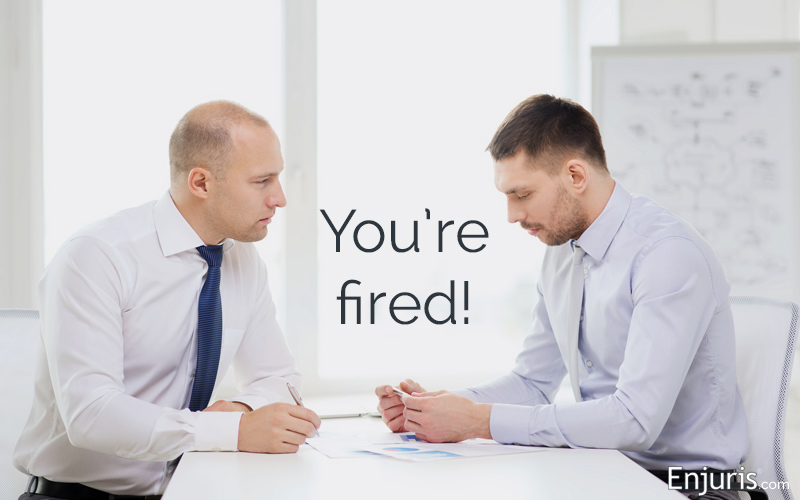
Difficulty In Finding A Replacement
Finding a suitable replacement lawyer during an ongoing trial can be challenging. Good lawyers are often in high demand and may have constrained availability. Additionally, potential replacement lawyers may be hesitant to take on a case already in progress, as it requires them to quickly familiarize themselves with the complexities of the trial. It is important to be prepared for the possibility of a limited pool of available lawyers, which can further complicate your decision to fire your current attorney.
Impact On Jury Perception
Firing your lawyer during a trial can also impact the perception of the jury. The sudden change in legal representation may raise questions about the stability and credibility of your defense or prosecution. Jurors may perceive your decision as a sign of instability or lack of confidence in your case, potentially influencing their opinions and verdict. It is essential to consider how firing your lawyer may affect the perception of the jury and its potential impact on the outcome of your trial.
Conclusion
In a trial, firing your lawyer can have serious consequences like delays, additional costs, and a potential negative impact on your case. It’s crucial to carefully consider such a decision and seek legal advice. Clear communication and understanding of your rights and the potential implications can help you navigate this situation.
Amelia Justiceberg, a distinguished legal luminary, thrives on the intersection of empathy and legal acumen. As a prominent family law attorney, she orchestrates compassionate resolutions amidst complex dynamics. Justiceberg's courtroom finesse and dedication to fairness define her practice. Beyond litigation, she ardently advocates for social justice, solidifying her reputation as an influential force in the legal landscape.

